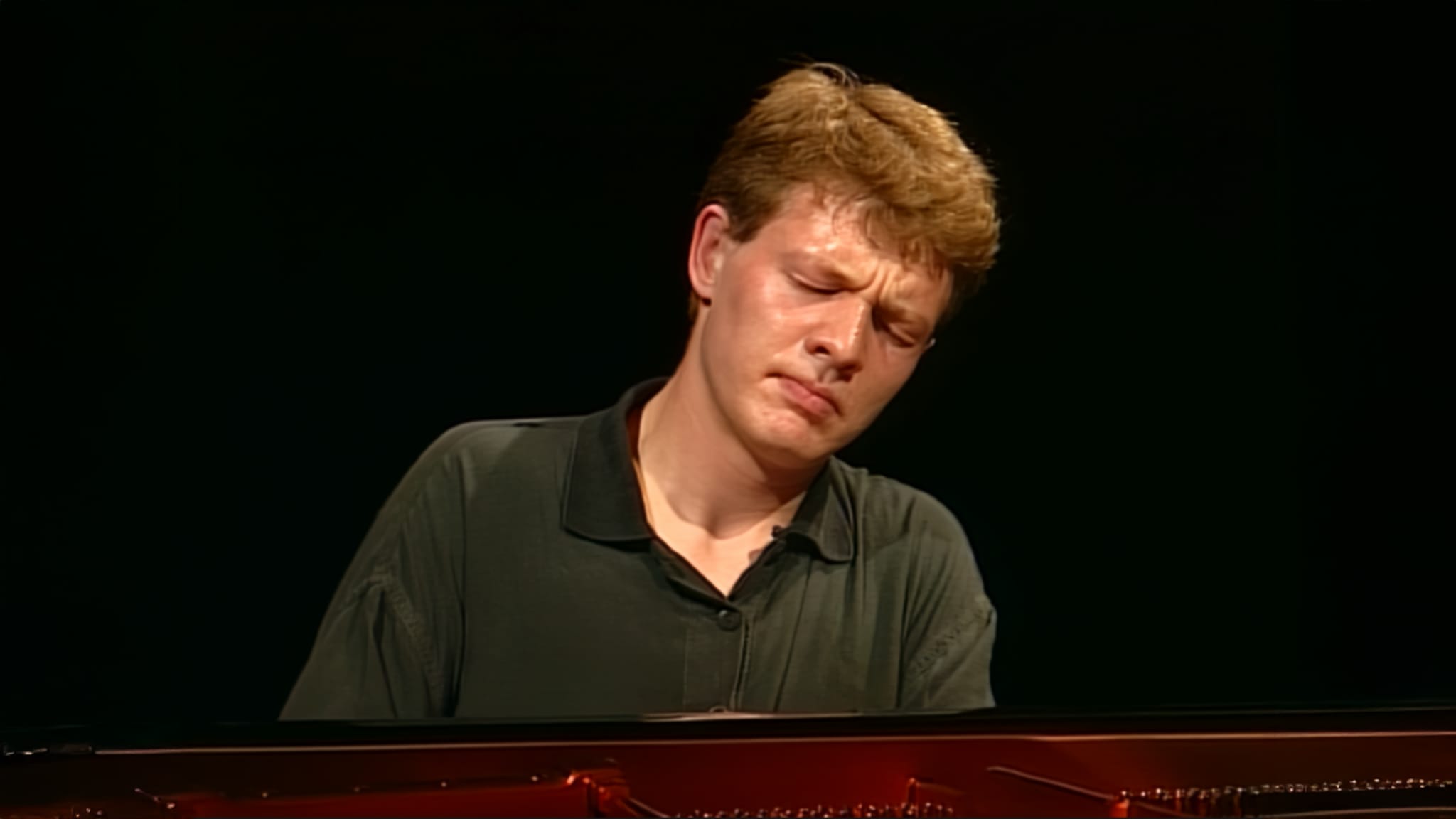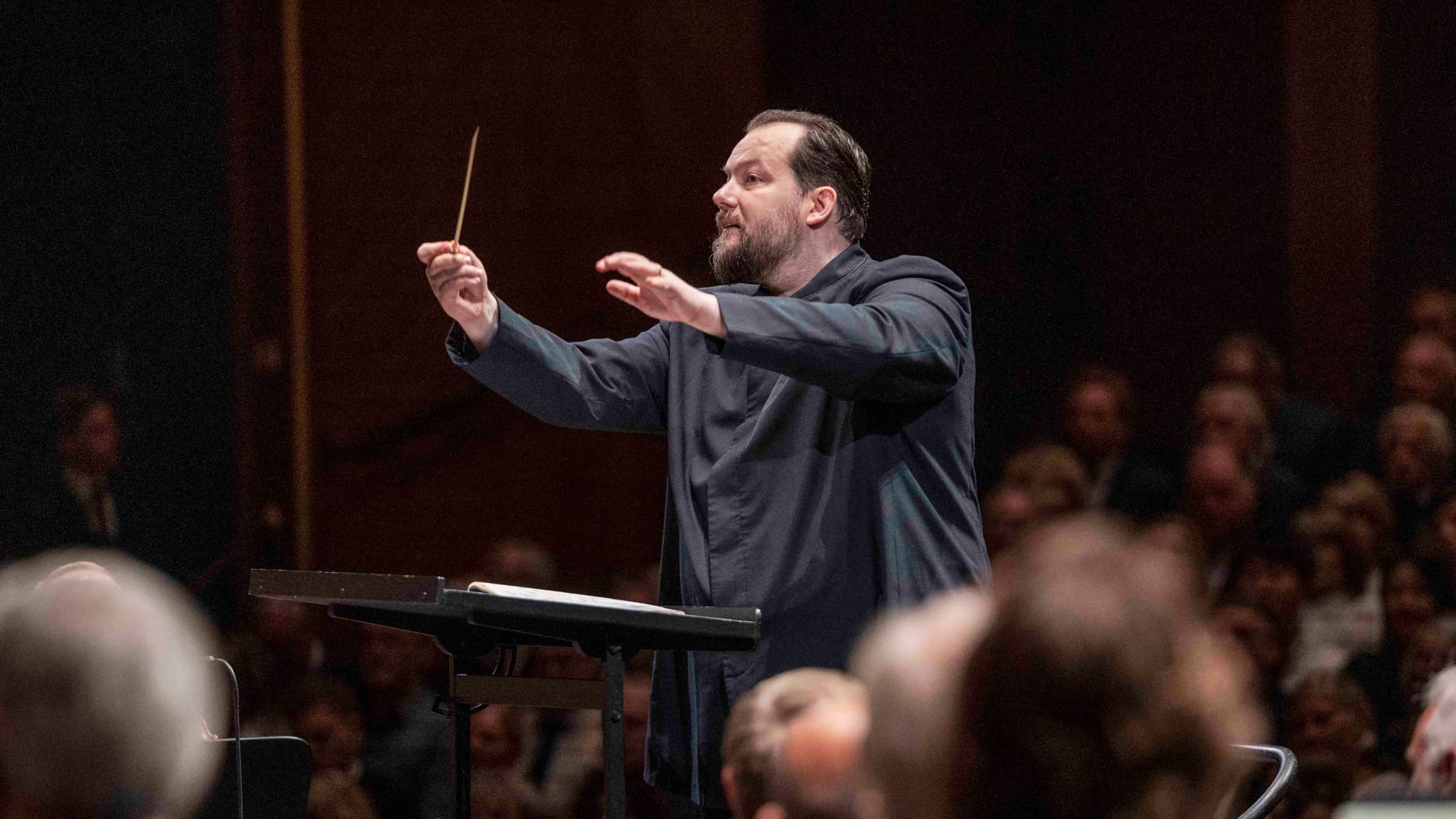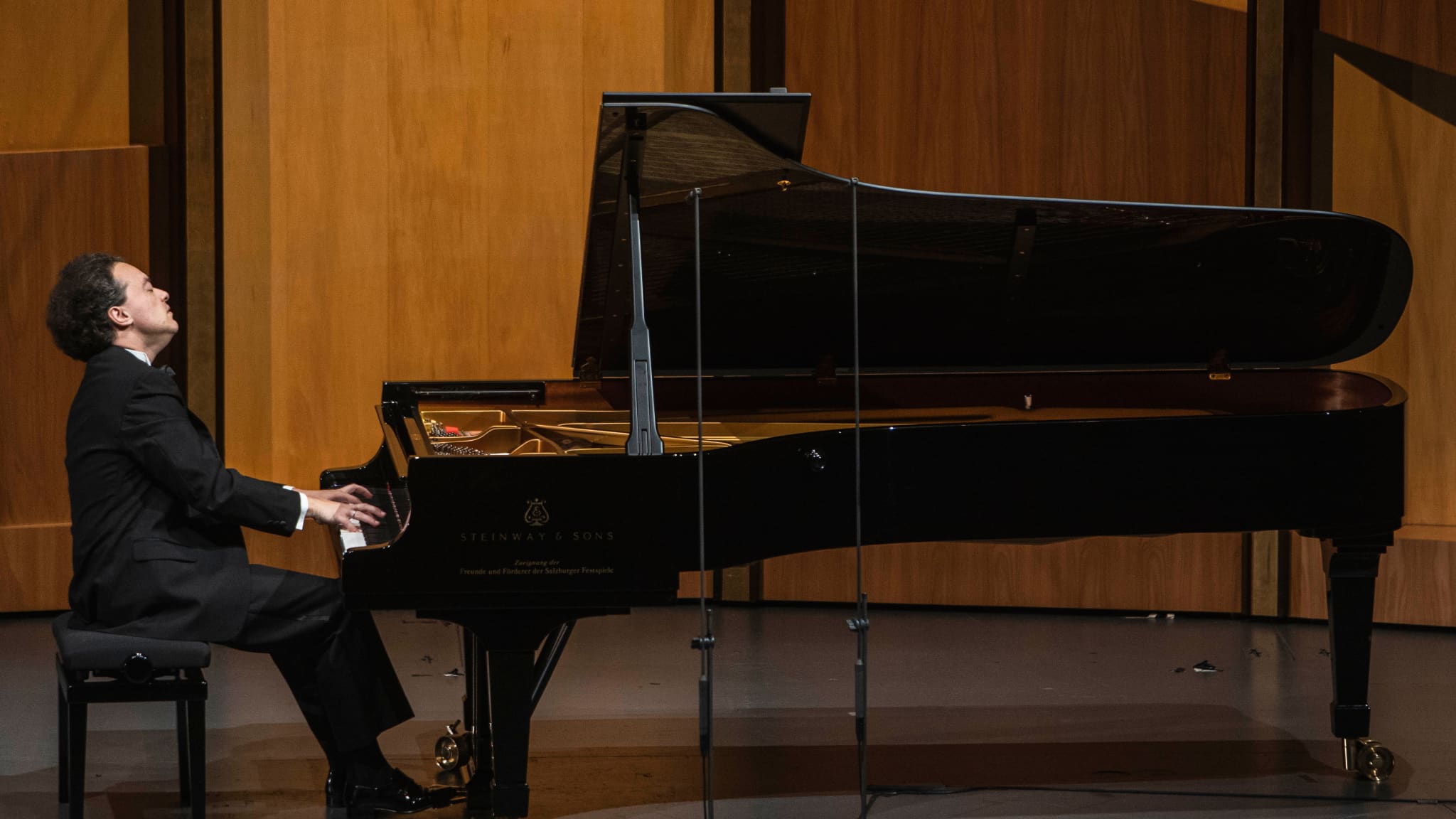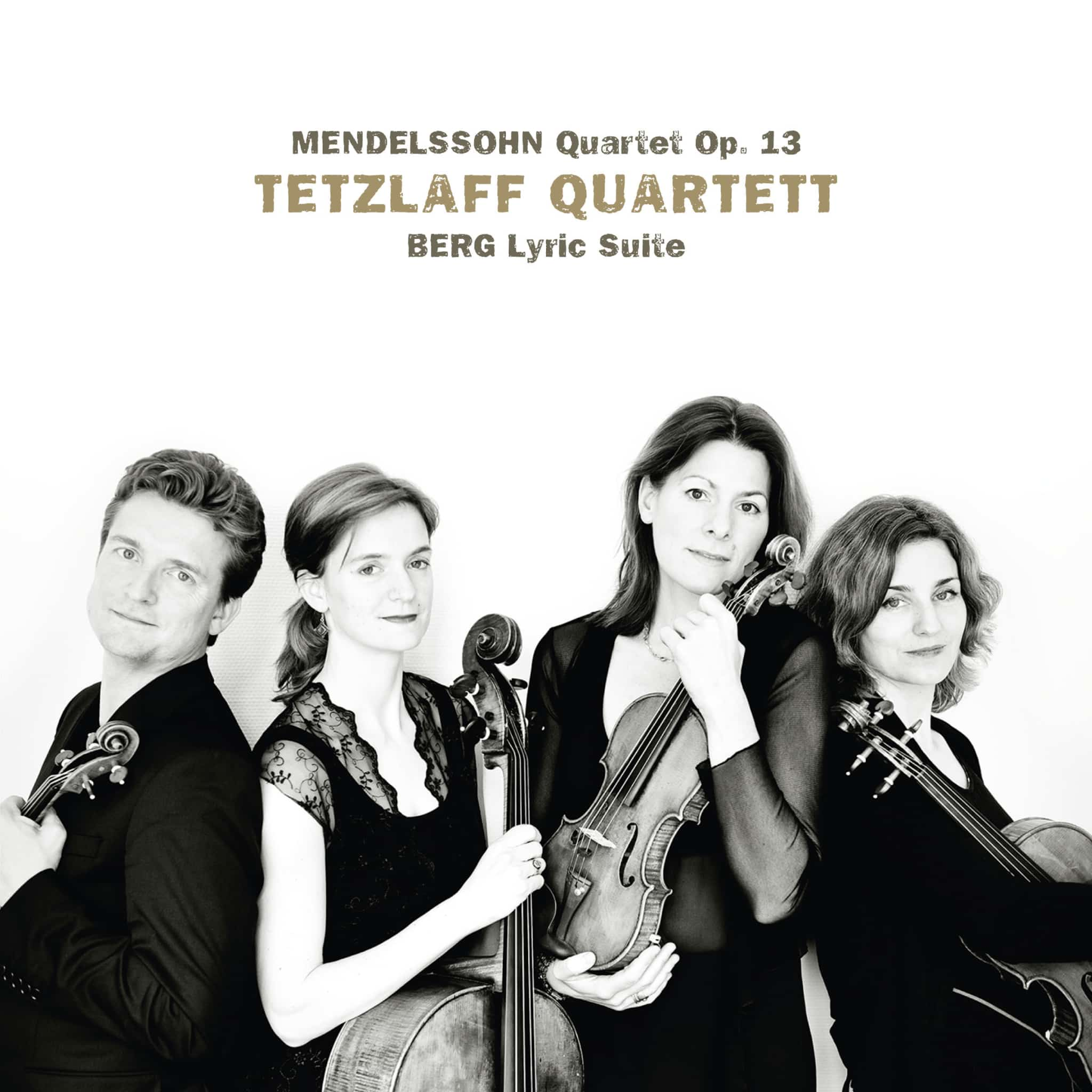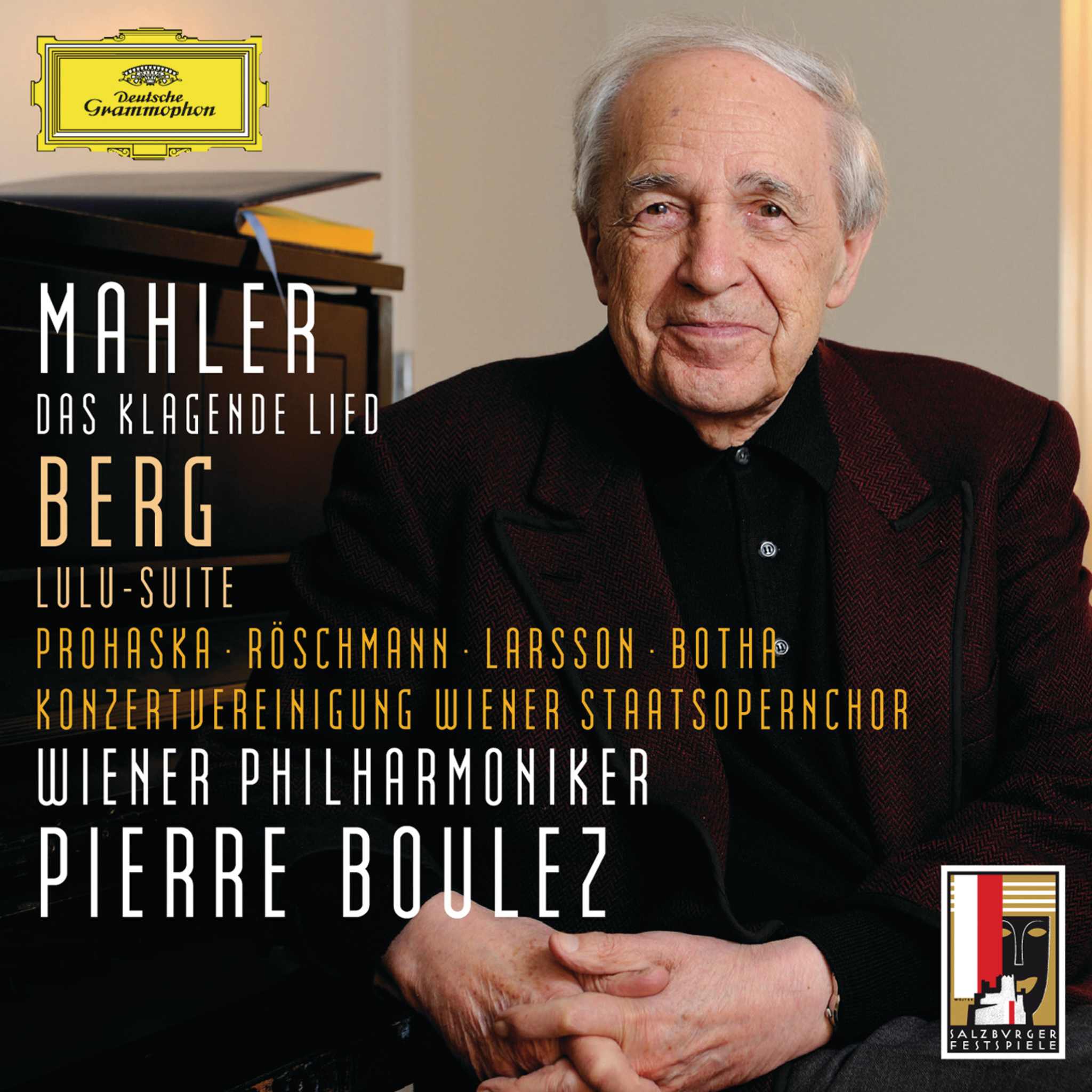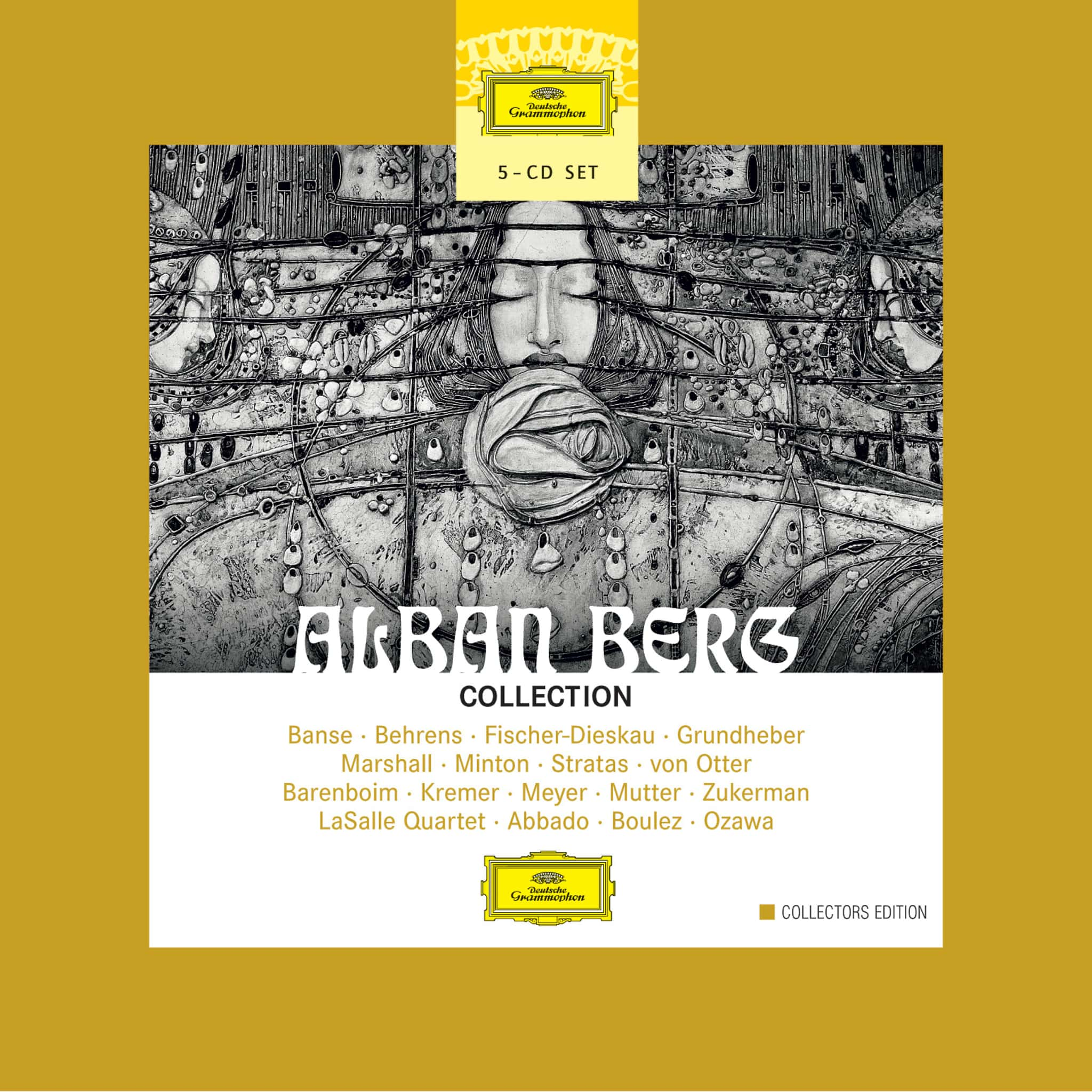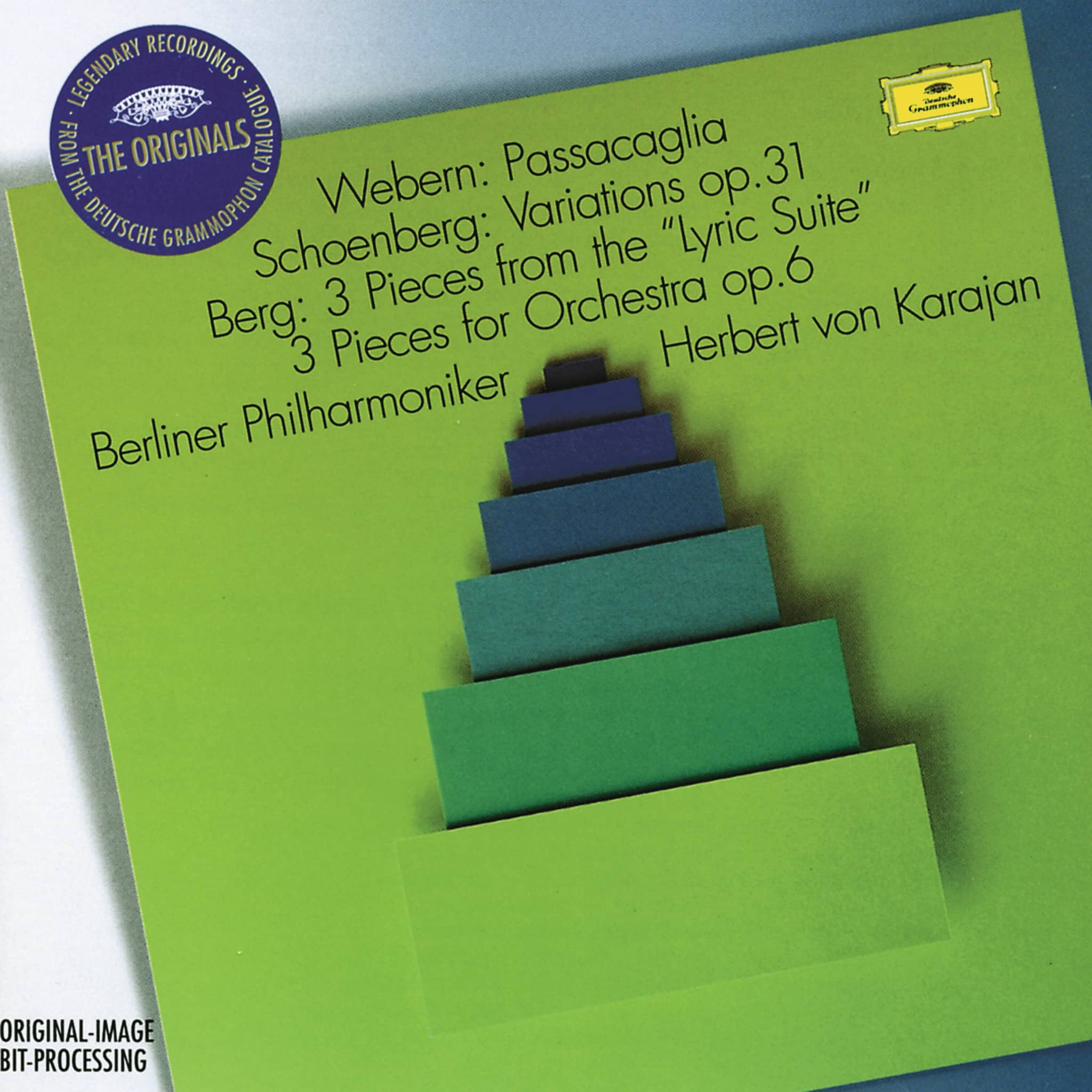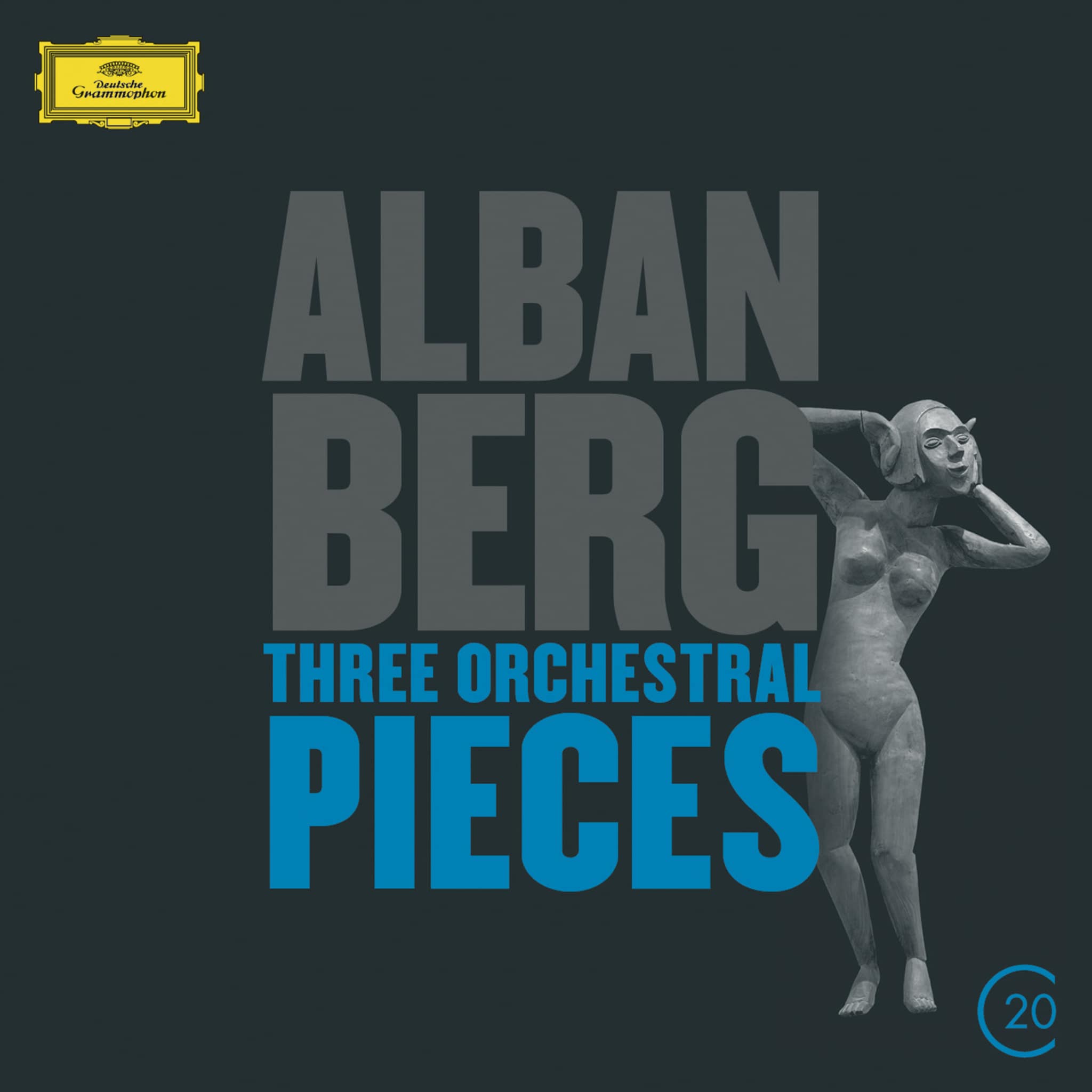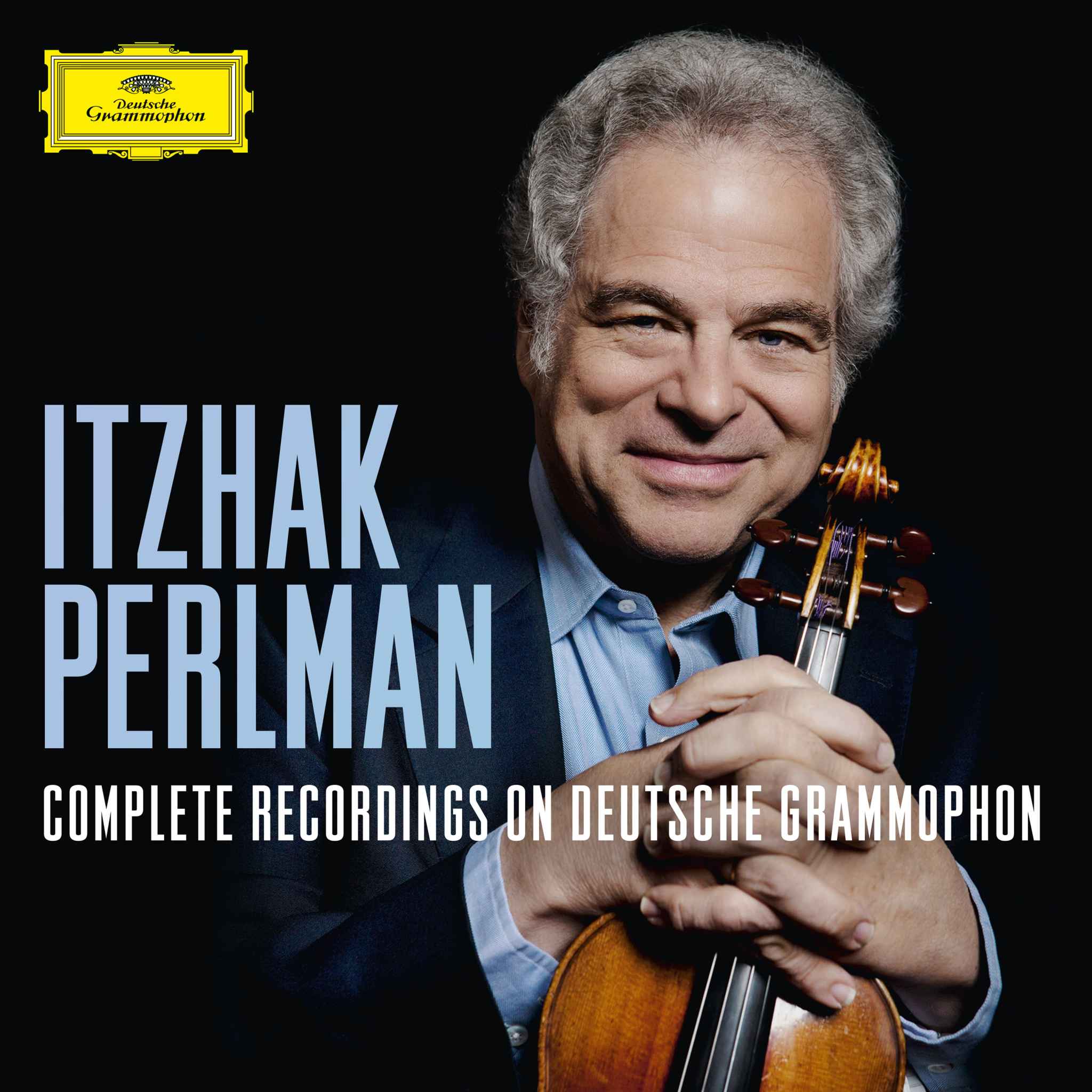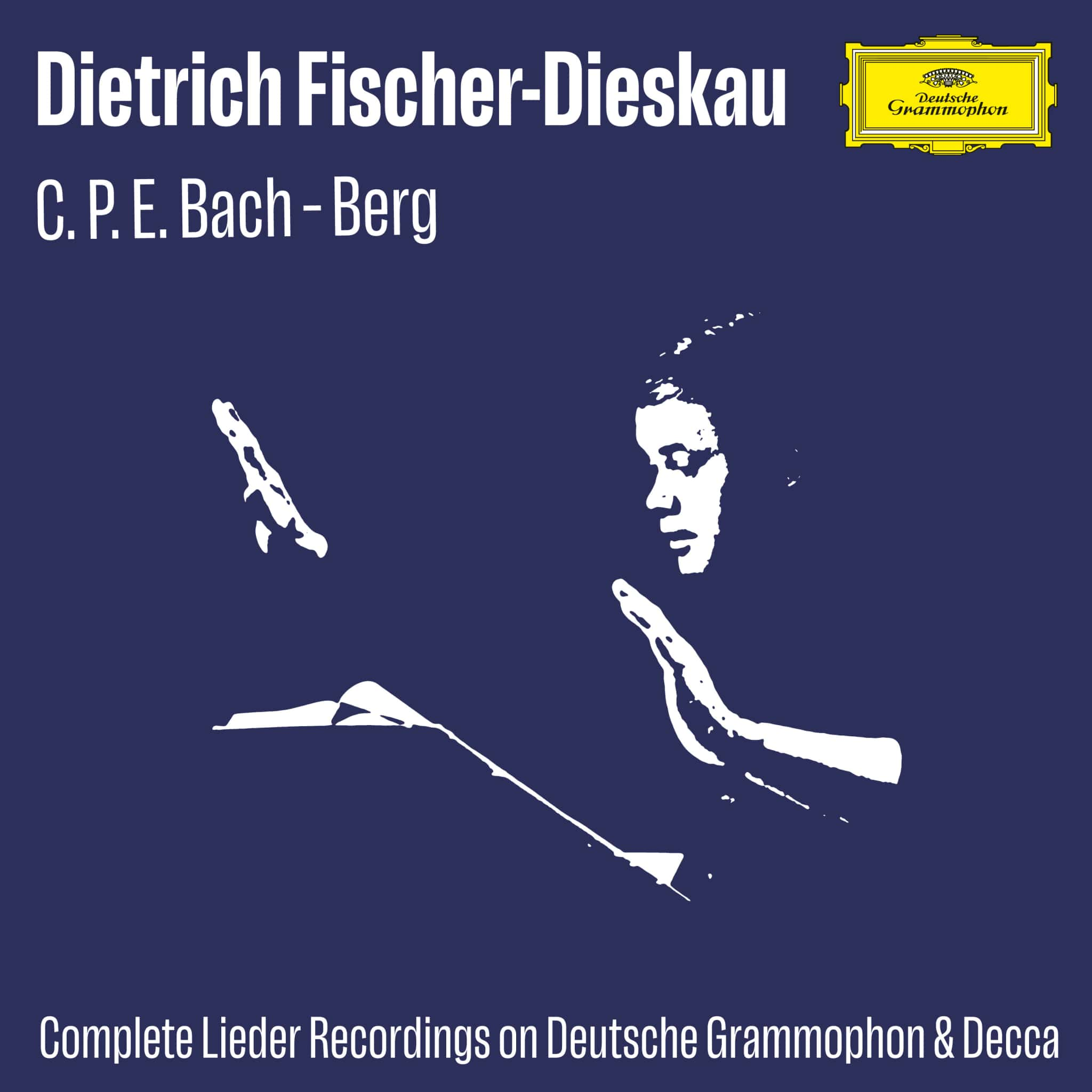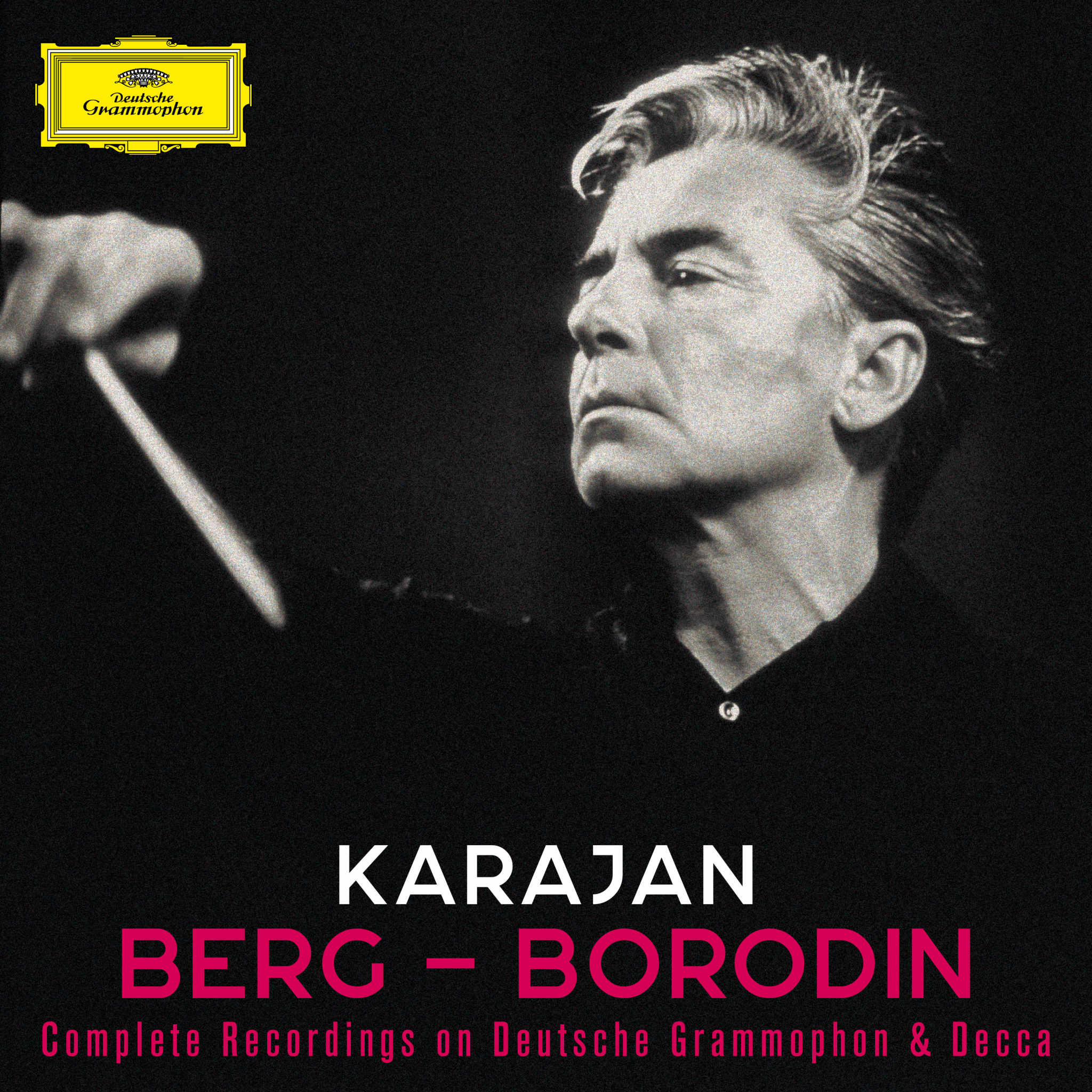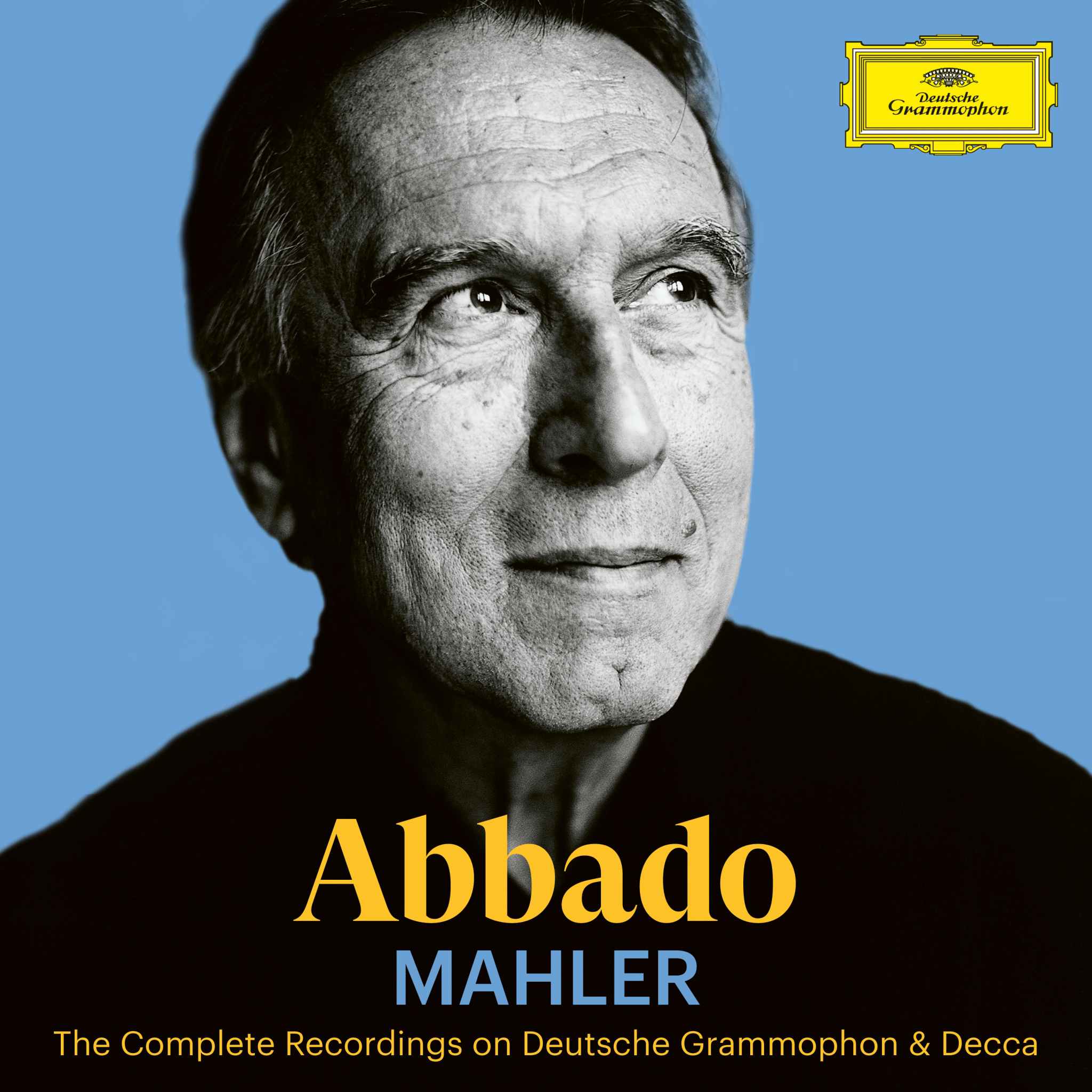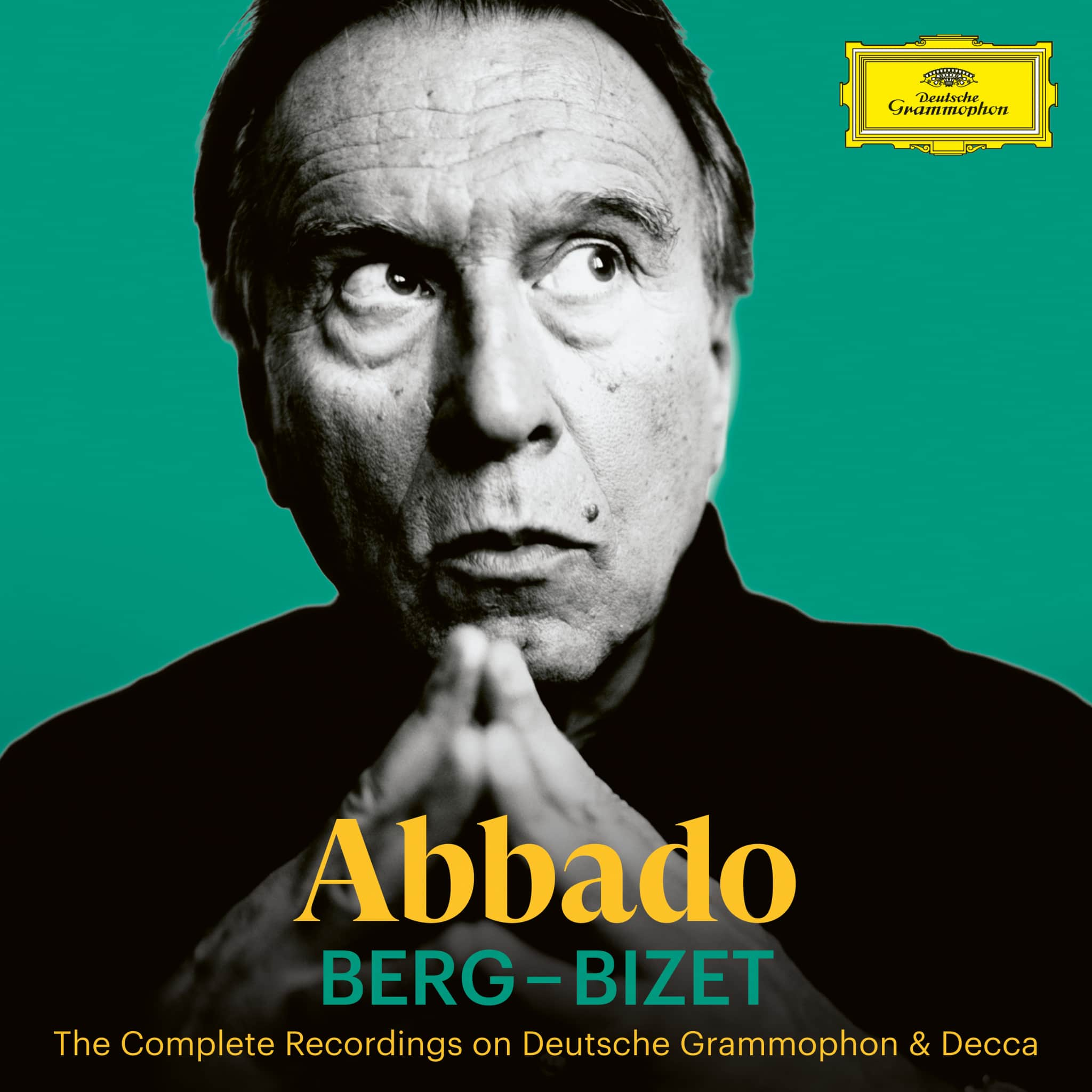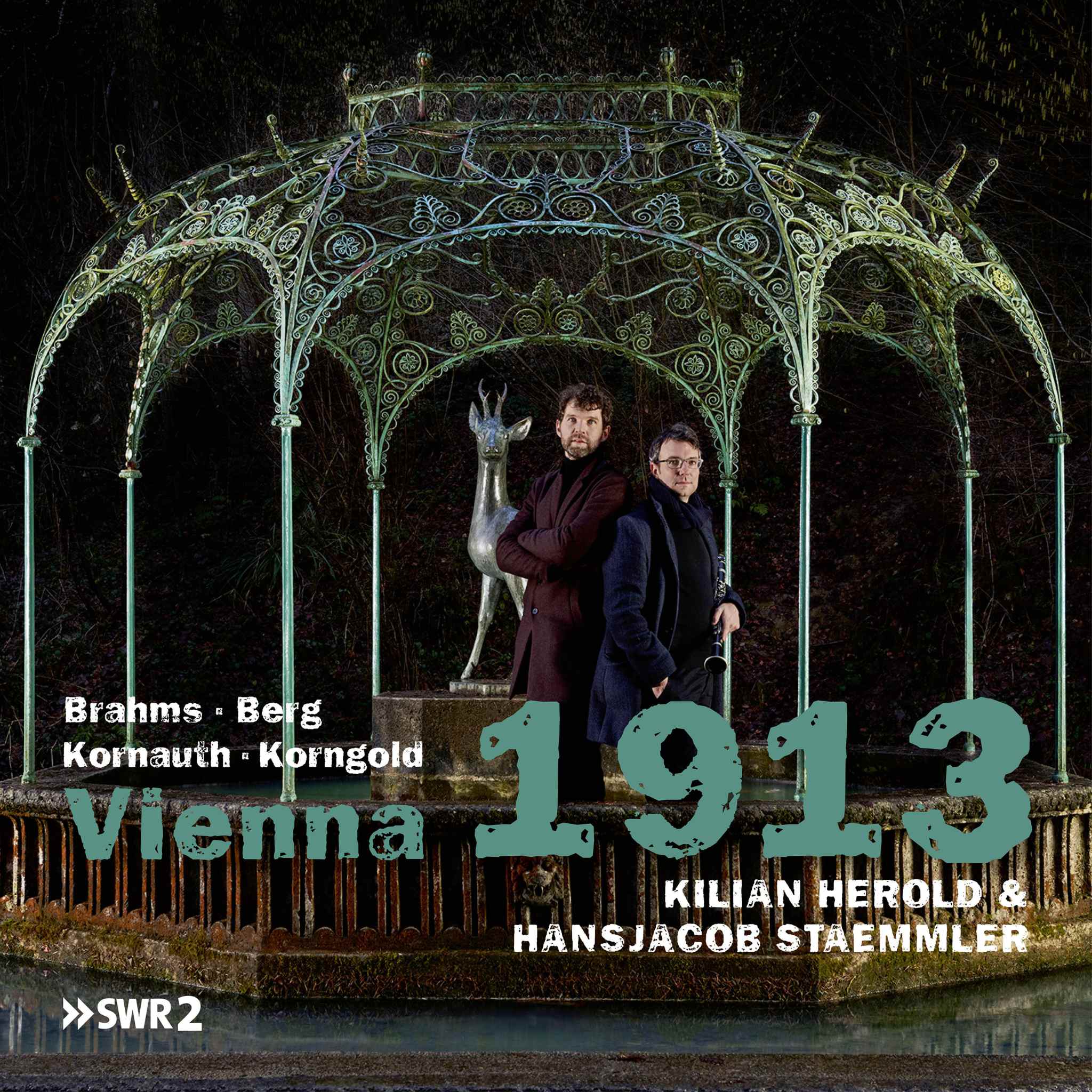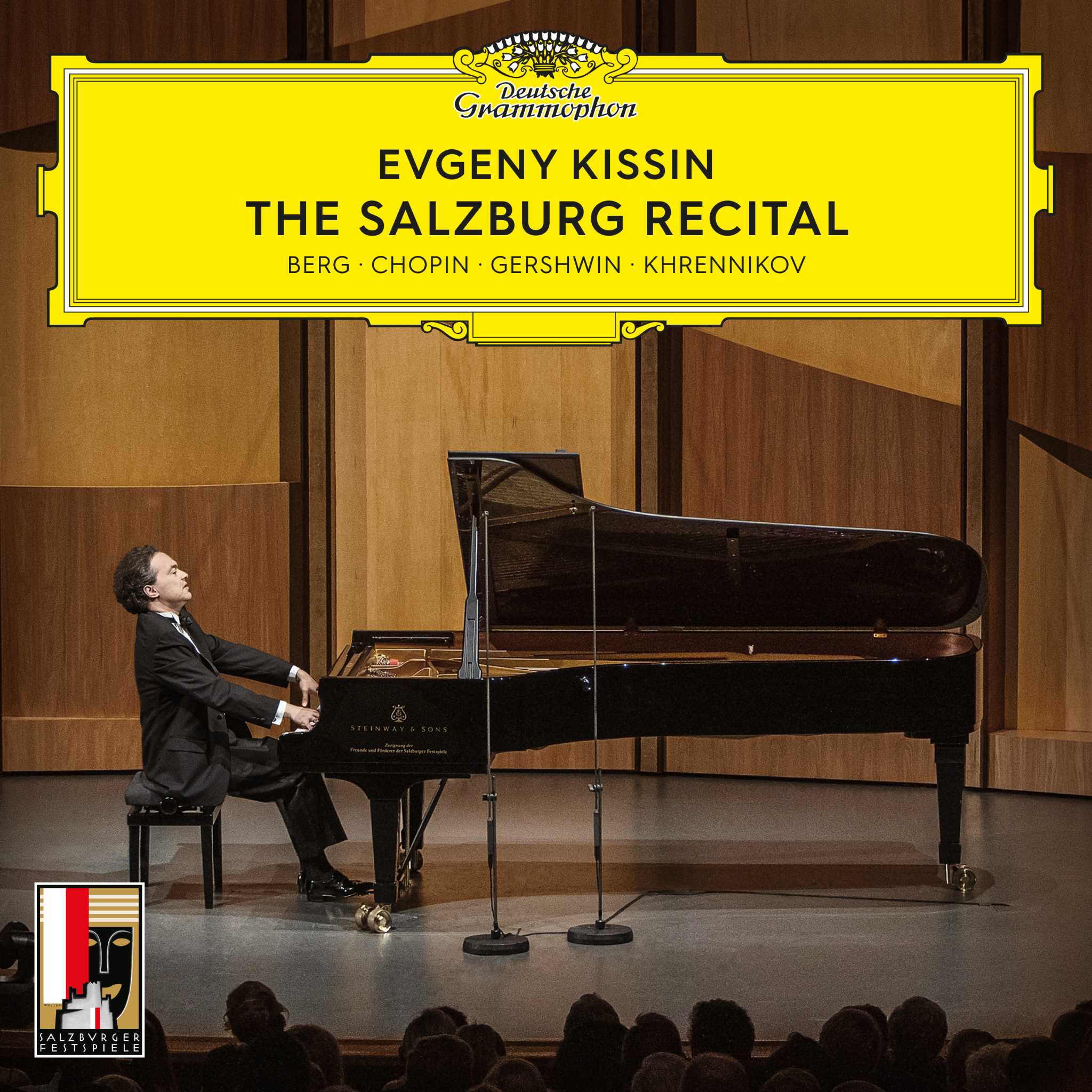Alban Berg: Fascinating Works and Legacy
Alban Berg, born in 1885 in Vienna, was a pioneering Austrian composer, renowned for merging Romantic expressiveness with the radical innovations of atonal and twelve-tone music. As a central figure in the Second Viennese School alongside Arnold Schoenberg and Anton Webern, Berg helped shape the avant-garde movement of early 20th-century music.
Berg chose music as his career path after an influential meeting with Arnold Schoenberg and a fulfilling career in the Austrian Civil Service. It was under Schoenberg's mentorship that Berg developed his unique musical personality, breaking away from classical tonality to explore the realms of atonality, and later, twelve-note music. Deeply interested in literature, Berg immersed himself in contemporary Austrian poetry and the works of eminent names such as Richard Strauss and Gustav Mahler.
Major Works
Berg's significant compositions represent milestones in modern music. His notable operas include Wozzeck, which caused a scandal at its premiere but was quickly recognized as one of the most powerful music dramas of the 20th century. Its intense emotional impact and innovative structure set it apart from other operas of its time.
Berg was working on another opera, Lulu, when he died. Lulu, like Wozzeck, pushed operatic boundaries with its psychological depth and advanced musical language. Its completion was left to others after his untimely death.
Berg's Violin Concerto, completed shortly before his death and dedicated "to the memory of an angel," is one of the most frequently performed violin concertos of the 20th century. It blends twelve-tone technique with poignant lyricism.
Artistic Approach and Influence
Berg began composing as a teenager and was largely self-taught until he began private lessons with Arnold Schoenberg in 1904. Under Schoenberg, he adopted techniques like developing variation and the twelve-tone method, but his music remained deeply expressive and accessible.
Berg's mastery in orchestration, chamber music, and vocal writing is evident in his works, combining complex structures with rich expressivity. His early works still carry Romantic influences before his shift towards atonality and serialism.
Berg was a significant figure in the Second Viennese School and greatly shaped the avant-garde movement in 20th-century music. His lasting legacy is evident in his masterpieces and his profound attachments to contemporary Austrian poetry and to the works by Richard Strauss and Gustav Mahler.

